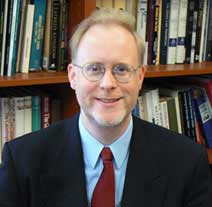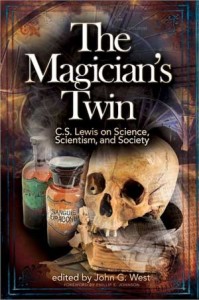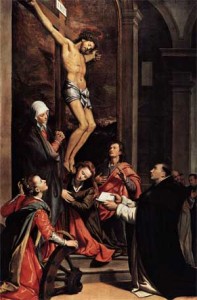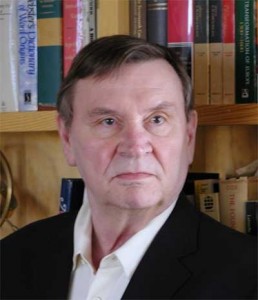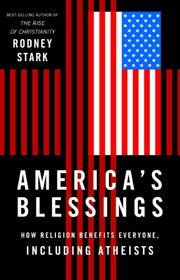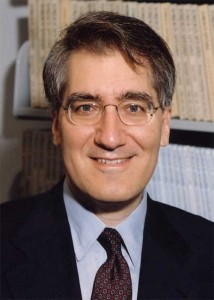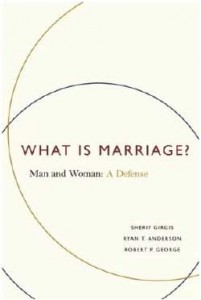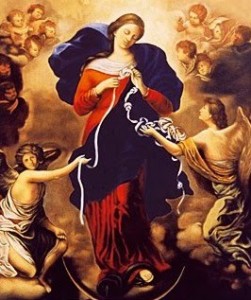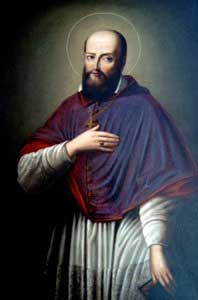 CHAPTER III. Devotion is suitable to every Vocation and Profession.
CHAPTER III. Devotion is suitable to every Vocation and Profession.
WHEN God created the world He commanded each tree to bear fruit after its kind; 88 Gen. i. 12. and even so He bids Christians,—the living trees of His Church,—to bring forth fruits of devotion, each one according to his kind and vocation.
A different exercise of devotion is required of each—the noble, the artisan, the 9 servant, the prince, the maiden and the wife; and furthermore such practice must be modified according to the strength, the calling, and the duties of each individual.
I ask you, my child, would it be fitting that a Bishop should seek to lead the solitary life of a Carthusian? And if the father of a family were as regardless in making provision for the future as a Capucin, if the artisan spent the day in church like a Religious, if the Religious involved himself in all manner of business on his neighbour’s behalf as a Bishop is called upon to do, would not such a devotion be ridiculous, ill-regulated, and intolerable? Nevertheless such a mistake is often made, and the world, which cannot or will not discriminate between real devotion and the indiscretion of those who fancy themselves devout, grumbles and finds fault with devotion, which is really nowise concerned in these errors.
No indeed, my child, the devotion which is true hinders nothing, but on the contrary it perfects everything; and that which runs counter to the rightful vocation of any one is, you may be sure, a spurious devotion.
Aristotle says that the bee sucks honey from flowers without damaging them, leaving them as whole and fresh as it found them;—but true devotion does better still, for it not only hinders no manner of vocation or duty, but, contrariwise, it adorns and beautifies all.
Throw precious 10 stones into honey, and each will grow more brilliant according to its several colour:—and in like manner everybody fulfils his special calling better when subject to the influence of devotion:—family duties are lighter, married love truer, service to our King more faithful, every kind of occupation more acceptable and better performed where that is the guide.
It is an error, nay more, a very heresy, to seek to banish the devout life from the soldier’s guardroom, the mechanic’s workshop, the prince’s court, or the domestic hearth. Of course a purely contemplative devotion, such as is specially proper to the religious and monastic life, cannot be practised in these outer vocations, but there are various other kinds of devotion well-suited to lead those whose calling is secular, along the paths of perfection. The Old Testament furnishes us examples in Abraham, Isaac and Jacob, David, Job, Tobias, Sarah, Rebecca and Judith; and in the New Testament we read of St. Joseph, Lydia and Crispus, who led a perfectly devout life in their trades:—we have S. Anne, Martha, S. Monica, Aquila and Priscilla, as examples of household devotion, Cornelius, S. Sebastian, and S. Maurice among soldiers;—Constantine, S. Helena, S. Louis, the Blessed Amadaeus, 99 It is probable that S. Francis here means to indicate Amadeo IX., Duke of Savoy, who died 1472. and 11 S. Edward on the throne. And we even find instances of some who fell away in solitude,—usually so helpful to perfection,—some who had led a higher life in the world, which seems so antagonistic to it. S. Gregory dwells on how Lot, who had kept himself pure in the city, fell in his mountain solitude. Be sure that wheresoever our lot is cast we may and must aim at the perfect life.
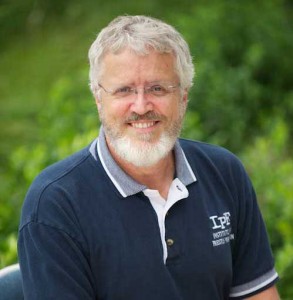
 The Vatican II documents remind us that the spiritual journey is not made in a vacuum, that God has chosen to save us, not individually, but as The People of God. The Eucharist must help Christians to make their choices by discerning out of Christ’s paschal mystery. For this process to take place, however, Christians must first understand how the Eucharist puts them in touch with Christ’s passion, death, and resurrection, and what concrete implications being in touch with this mystery has for their daily lives.
The Vatican II documents remind us that the spiritual journey is not made in a vacuum, that God has chosen to save us, not individually, but as The People of God. The Eucharist must help Christians to make their choices by discerning out of Christ’s paschal mystery. For this process to take place, however, Christians must first understand how the Eucharist puts them in touch with Christ’s passion, death, and resurrection, and what concrete implications being in touch with this mystery has for their daily lives.


